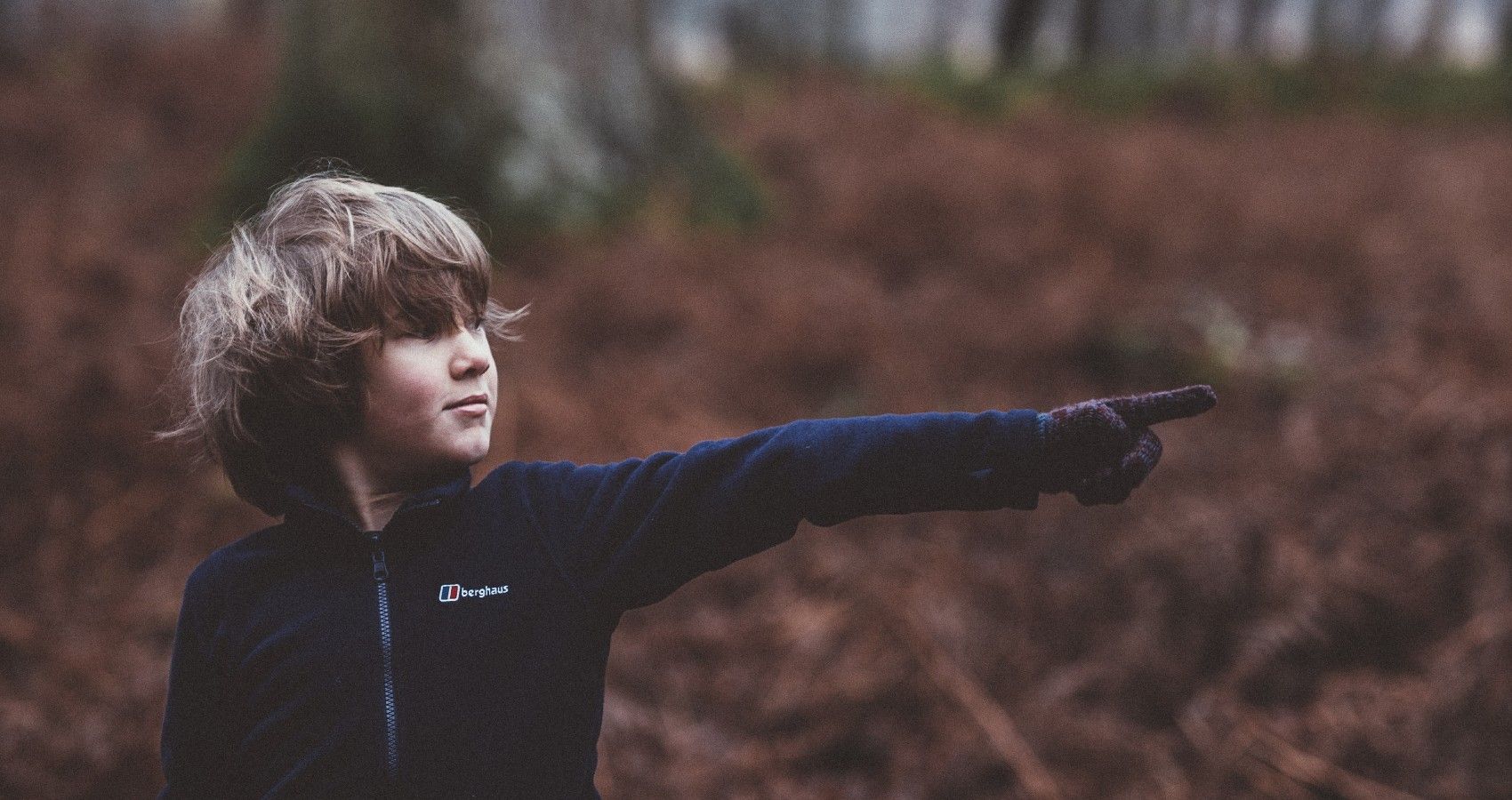No one likes to make mistakes, and this includes adults and children. The feeling of guilt that can linger inside can weigh a lot and be a lot to carry, and it can be considered normal human behavior to try and find a reason why a mistake was not your fault. Whether it be to put the blame on someone else or think of environmental reasons why you made the choice that you did. It is an uncomfortable feeling, but it serves a very important purpose and one that children need to learn.
Mistakes are not inherently bad. They may cause bad behavior and bad judgments, but they are strong learning points as well. When we make mistakes, the feelings of guilt can serve as a teaching tool so that we learn and grow, and this is something that children need to learn as well. However, it can be hard when mom has multiple children, and her children are constantly blaming their siblings for things that they actually did in the hopes that mom won’t find out.
“Blame Shifting”
According to A Mother Far From Home, this behavior actually has a name and that is “blame-shifting.” This is when children blame others or circumstances for their behavior. If they made a mistake, did something wrong, or did not complete a task they were given, they can shift the blame to someone else. That can typically be a sibling, especially a younger sibling because they are the closest to them at the time.
Children may do this for many reasons. They may want to try and alleviate the guilt they feel inside, which won’t work. They also could be fearful or anxious about how much trouble they will get in if they tell the truth. What typically happens is they get in even more trouble when mom finds out that they were putting the blame on someone else.
How Do You Handle Mistakes?
If mom wants this to stop and wants to encourage her child to own their mistakes and admit when they were wrong, one of the biggest things she can do is assess how she responds to her children when they make a mistake, and to make sure they are a good role model. According to Psychology Today, it is important that mom looks at how she reacts to her children making a mistake, and see if she can make any adjustments so that her child feels more comfortable coming to them and admitting when they made the mistake. Children are more likely to admit their mistakes if they have a parent who is not critical, impatient, and demanding. They don’t want to pay a “high emotional price” for a simple mistake.
Believe It Or Not
According to Parents, children have to learn how to lie. While this may not be a skill we would like them to learn, they are going to go through a period of child development where they are experimenting with lies, and as they get older, they are going to get better at it. It can also be hard for mom to detect it, but communication is always going to be the best tool for this. If your child blames a sibling for a mistake, remain calm and explain to them what will happen if you find out they are lying. Make the boundaries very clear about what will be accepted, and make sure they understand that admitting they made a mistake and working on what to do next time will be a much better path than lying about it.
Use Empathy
If we want our children to be empathetic, then we need to show them empathy and this is a great scenario to teach this valued skill. If your child does something and blamed their younger sister, talk to your child and show that you understand why they may have done that. Mom can say something like, “I wonder if you blamed your little sister/brother because you are worried about getting in trouble?” This will likely make them keener to opening up, and make sure you tell them that you have made mistakes and how you work on fixing them.
It is always important to remember that moms are not “wardens” or “police officers,” and that they are more like guides and teachers for their children. It can be easy to place adult expectations on children, but they are still developing and they are going to go the fastest route to not feeling guilty or to preserve their emotional health, and sometimes that can involve placing the blame on someone, or something, other than themselves. This may be a frustrating part of child development, but it is a necessary one and there are many skills to be learned during this period.
Sources: A Mother Far From Home, Psychology Today, Parents

